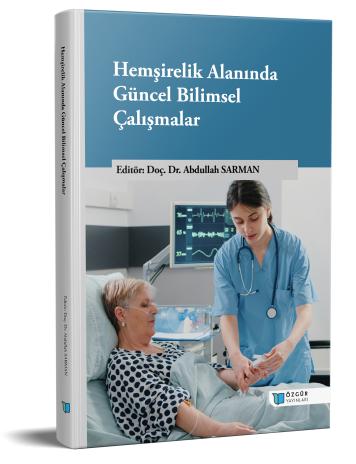
Effects of Mindfulness-Based Interventions on Patient Outcomes in Surgical Patients’ Nursing Care
Chapter from the book:
Sarman,
A.
(ed.)
2025.
Current Scientific Studies in Nursing.
Synopsis
Surgical interventions significantly affect not only the physiological but also the psychological and social health of the patients. During the perioperative period, patients frequently encounter issues such as pain, anxiety, stress, sleep disturbances, and depressive symptoms. These psychosocial factors may increase physiological stress responses through the sympathetic nervous system and the hypothalamic-pituitary-adrenal (HPA) axis, thereby paving the way for complications and prolonging the recovery process. In particular, anxiety experienced in the preoperative period can lead to heightened pain perception, increased medication needs, and a decrease in quality of life in the postoperative period. Therefore, in the care of surgical patients, it is of great importance to integrate not only biomedical approaches but also psychosocial and behavioral supports. In recent years, mindfulness-based interventions have gained prominence as one of the most effective non-pharmacological methods in this context. Introduced to the medical literature by Kabat-Zinn, this approach is based on deliberately, consciously, and non-judgmentally directing attention to the present moment. Mindfulness practices strengthen individuals’ capacities for emotion regulation, attention control, and self-awareness. Neuroimaging studies reveal that this effect is associated with positive changes in brain structure. The literature shows that brief breathing or body scan exercises performed in the preoperative period reduce anxiety; in the postoperative period, they decrease pain severity and analgesic use and improve sleep quality and life satisfaction. In the nursing context, mindfulness not only improves patient outcomes, but also strengthens nurse-patient communication, increases the sense of trust, and reduces nurses’ stress and levels of burnout. In conclusion, mindfulness should be integrated into the holistic framework of perioperative care as an evidence-based, cost-effective, and feasible approach to surgical nursing, supported by sustainable training programs.

